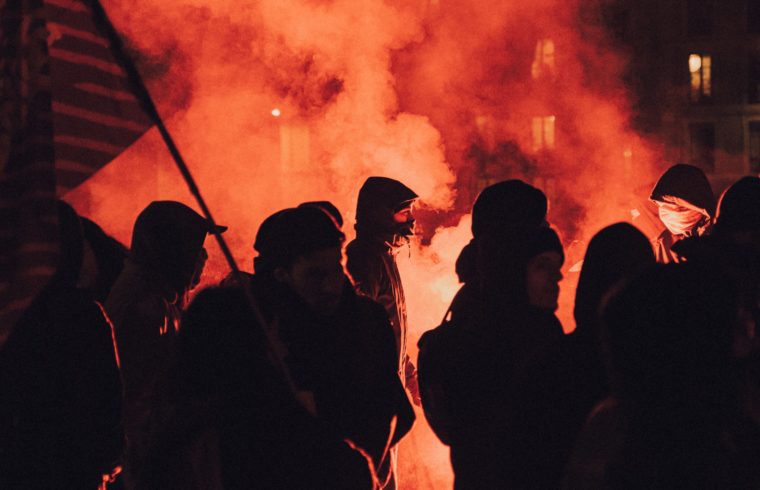Its hard reading both of these readings with the images we’ve had on our screens from the past few days. The brutality of seeing a man who was under arrest- killed as a result of the horrific actions of a police officer – the days of rioting and protesting that have followed… are painful, disturbing and can trigger a wide range of emotions from anger to hopelessness over the state of affairs throughout the world. Unity, like peace – seem ideals that we can become pessimistic can ever or will ever be realized.
The fact that we can read of similar tensions, disputes, divisions in scripture is far from comforting… unless you’re from the camp that believes misery does love company. In the first reading, St. Paul’s teaching about Jesus causes a “dispute” that creates “division” among two groups of Jews the Sadducees and Pharisees to the point that one observer is afraid “Paul would be torn to pieces.” In the Gospel, Jesus is concluding this great prayer to His Heavenly Father right before He would be torn to pieces in the Passion and Death.
Man’s inhumanity to man… it seems no one from any age is immune to it. We can become defeatists thinking we will never be free from these types of things from happening.
Yet despite the fresh images in our minds of this division… Even within that context of such anger in the atmospheres of both scripture readings – at the heart of Jesus’ prayer is His desire for unity. Specifically He’s praying for His followers that ‘they may all be one as you, Father are in me and I in you.” But we know Jesus has come to save all humanity – so this prayer, this dream is not just for unity among his group of followers (which sadly is also been far from realized) but ultimately God’s vision of the entirety of creation.
Reading and reflecting on these things is frustrating. If Jesus wants this – couldn’t the man who raised the dead, couldn’t the one who was raised from the dead Himself accomplish this? I think that’s a question Jesus wants us to ask, because that will cause us to engage in this issue – possibly make us feel uncomfortable about whether that’s something we truly desire or not. Because it inevitably brings us to the point of personal responsibility. That such unity does not exist isn’t a reflection on the effectiveness of Jesus’ prayers – but ours.
Do we want or desire unity? Way too often, whatever the conflict is – we come from a place of certainty in our being “right” that will be satisfied when everyone else’s positions somehow aligns with ours. Without saying it or thinking it or even realizing it, we’ve put ourselves in the position of God. We’ve placed ourselves at the center.
Unity is possible when things are reconciled in Christ. When God is on the throne, where authentic love is the expectation and goal of His creation. Then Jesus’ desire moves from being a nice “ideal” that we think about and instead something we actively desire and start to do the hard, difficult work of love, of forgiveness required in order for it to happen.











